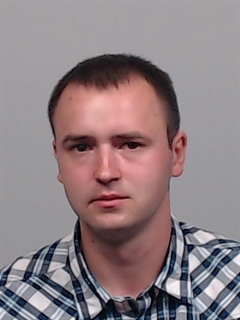Dr. Igor Iatsenko (École Polytechnique Fédérale de Lausanne)
Biological Colloquium at the Biology Center of the Christian-Albrechts-University Kiel
Thursday, 9th November 2017, 16:15 pm
Seminar room 4th floor of the Center for Molecular Biosciences (ZMB)
Am Botanischen Garten 11
As guest of the CRC 1182
Dr. Igor Iatsenko
École Polytechnique Fédérale de Lausanne (EPFL), Lausanne, Switzerland
Talks about:
Peptidoglycan recognition proteins and their role in pathogen sensing and tolerance to microbiota
Activation of the innate immune response in Metazoans is initiated through the recognition of microbes by the host pattern recognition receptors (PRRs). Peptidoglycan recognition proteins (PGRPs) are conserved innate immune molecules that function as PRRs and effector molecules. While the role of PGRPs as sensors of pathogenic microbes is well studied, their contribution to the sensing of commensal bacteria and establishing immune tolerance to microbiota is less clear. Using Drosophila melanogaster as a model, we study how PGRPs, specifically PGRP-SD, shape hostmicrobe interactions in the gut. First, we found that PGRP-SD is induced by microbiota in the gut and is required for the expression of negative regulators of immune response. Failure to express those negative regulators results in gut dysbiosis. Next, we revealed that the PGRP-SD mutants harbour more abundant microbiota in their guts compared to the wild-type flies. The overproliferation of microbiota leads to gut dysplasia and shortens the lifespan of the PGRP-SD mutants. Our results suggest that microbiota-triggered reactive oxygen species promote gut dysplasia. Taken together, our study shows that PGRPs are essential to maintain host-microbiota homeostasis.
Who
When
November 09th, 2017
16:15





